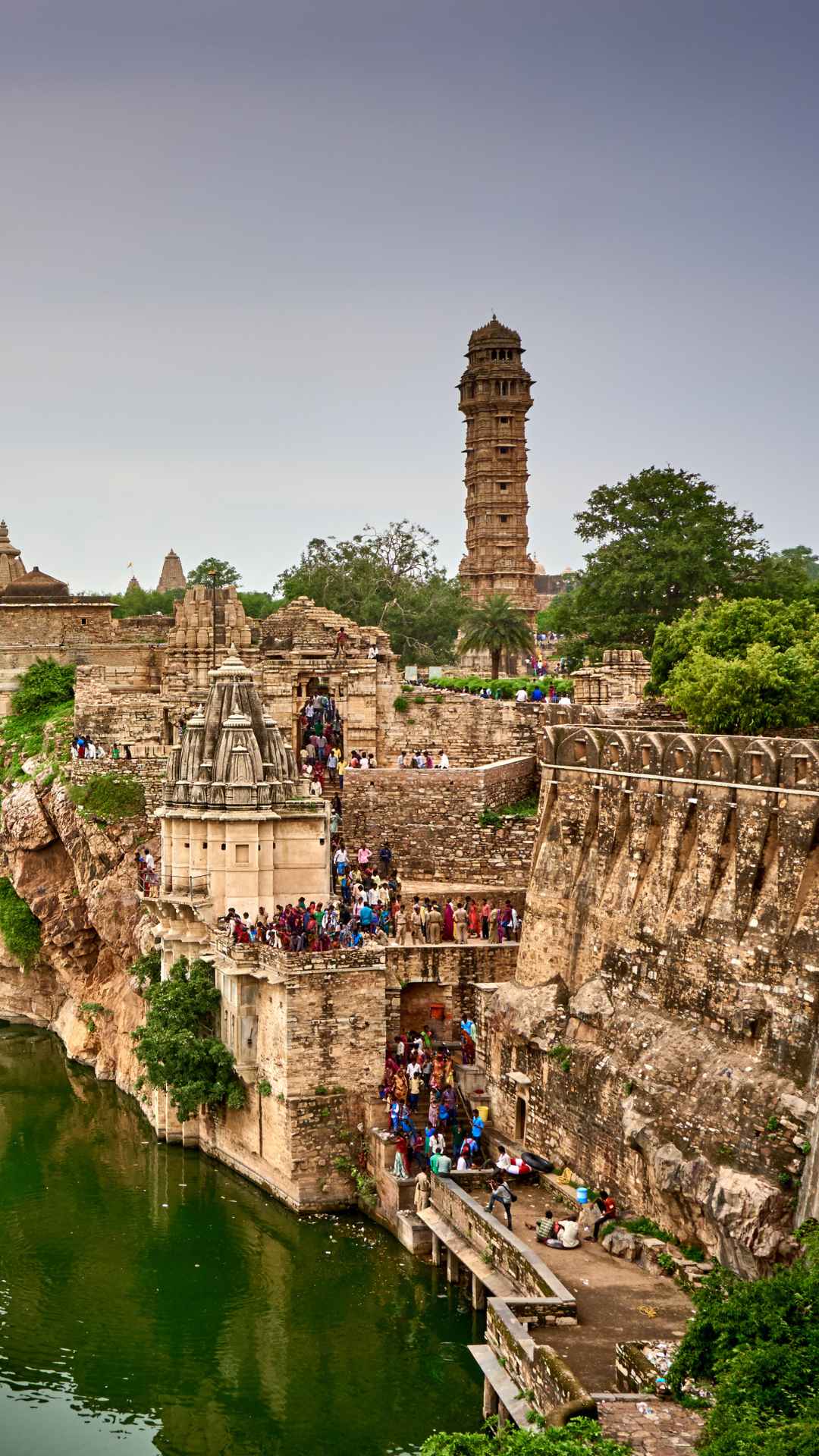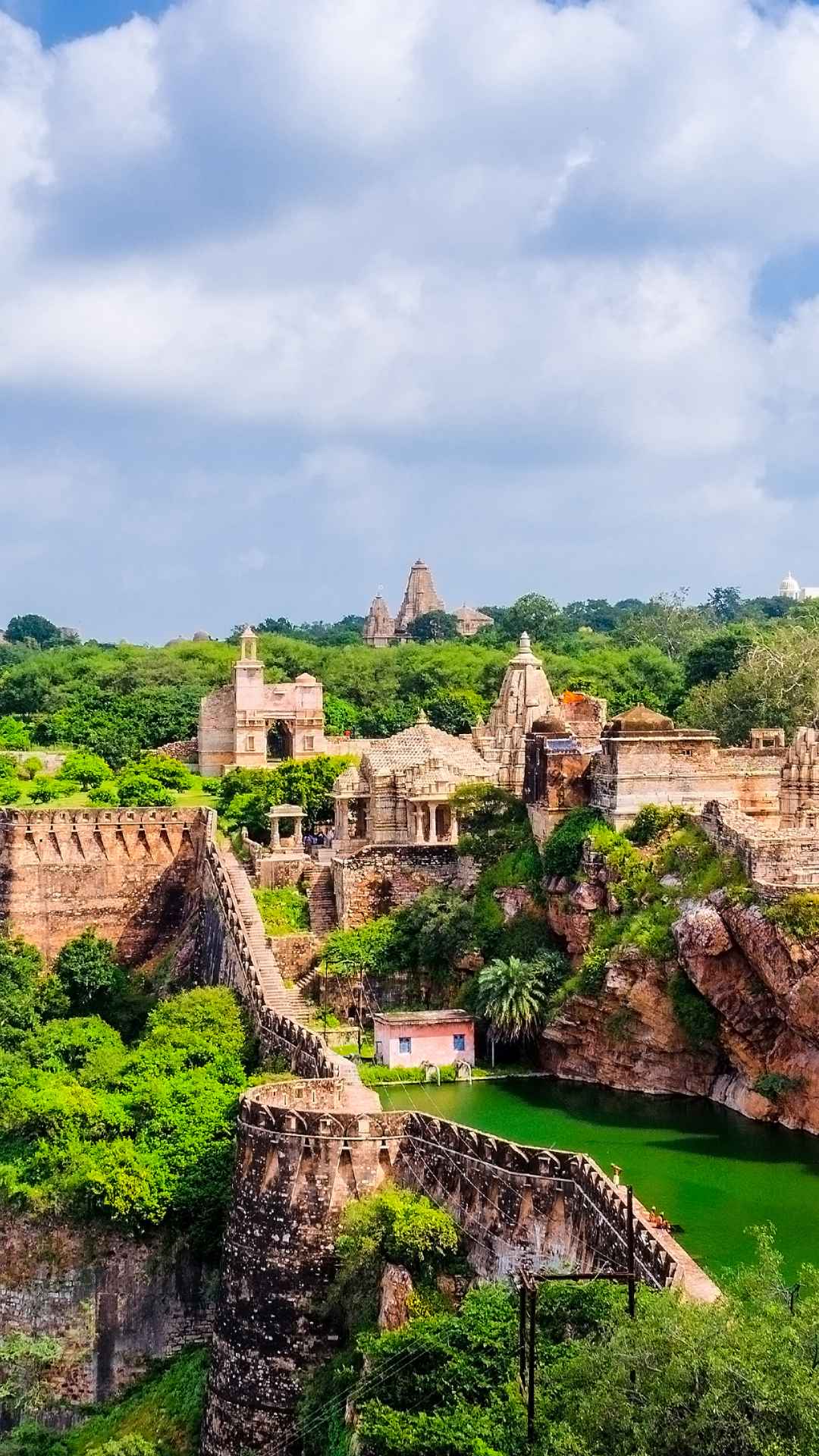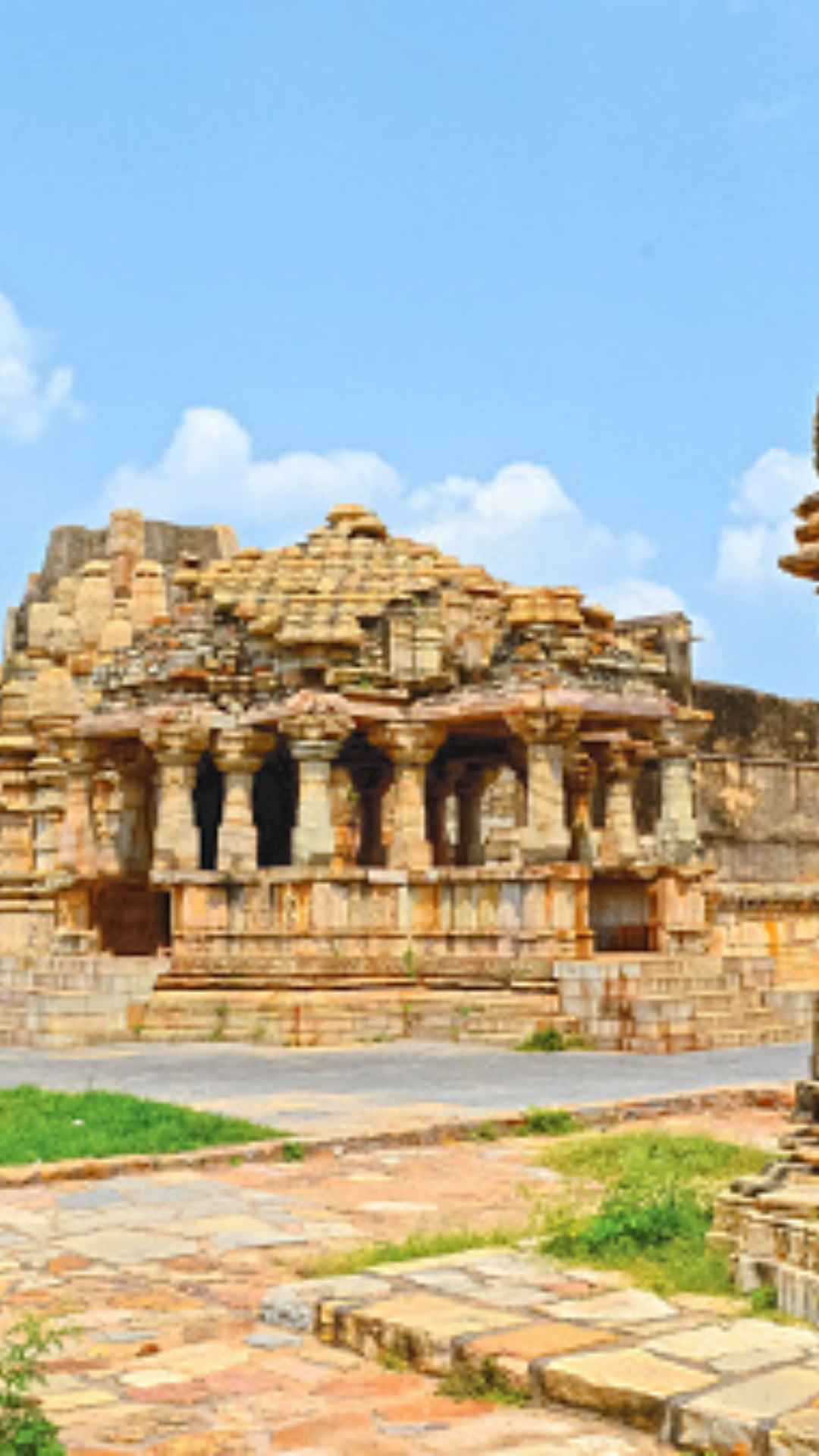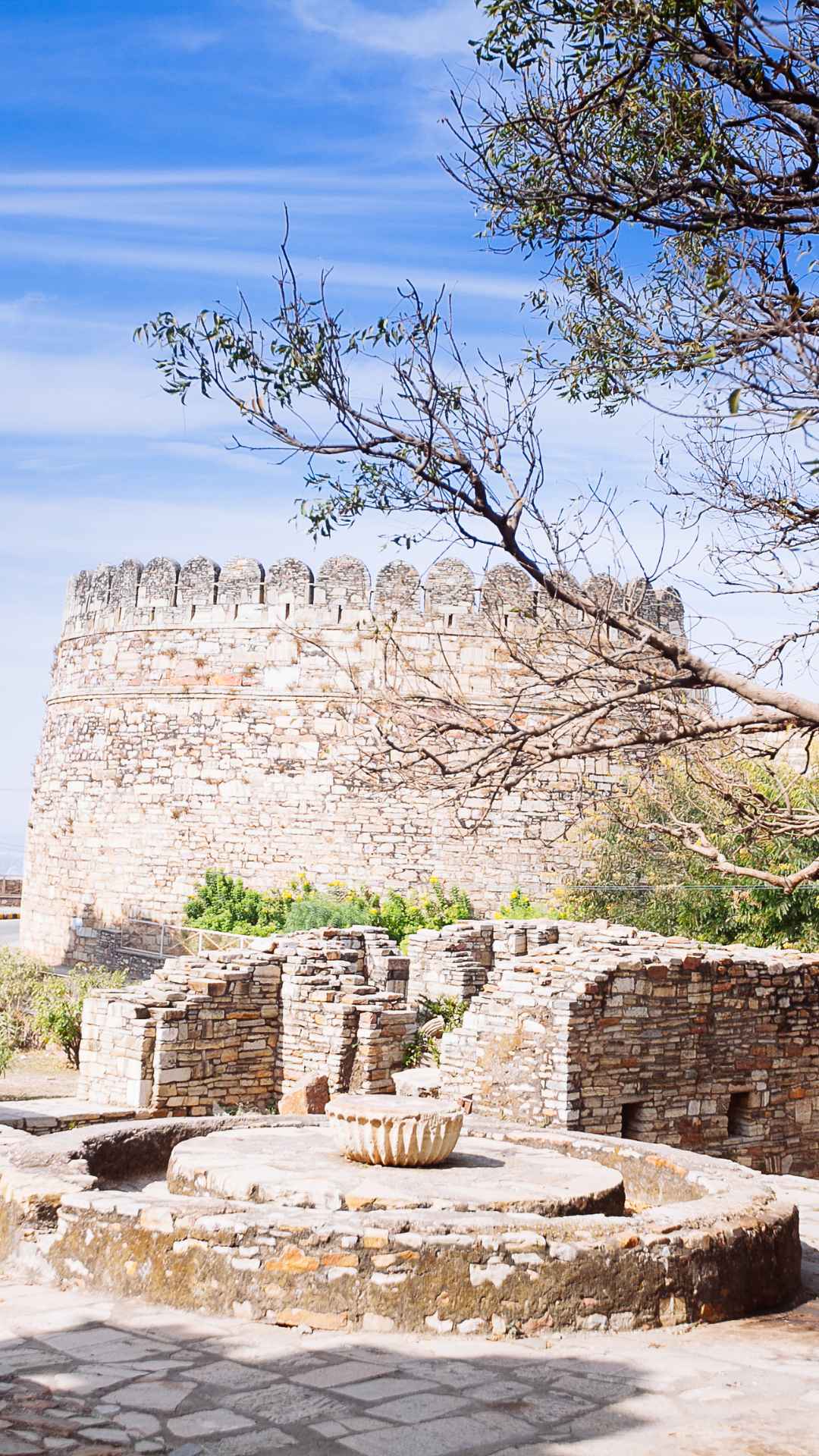
Discover Chittorgarh Fort: 10 Amazing Facts About The Architectural Marvel


Chittorgarh Fort is a UNESCO World Heritage Site, renowned for the historic battles associated with it, particularly the sieges by Alauddin Khilji, Bahadur Shah, and Akbar


Located in Rajasthan, this fort is perched on a 180-metre-high hill and spreads over an area of 700 acres, making it one of the largest forts in India


The fort is believed to have been built by the Maurya dynasty in the 7th century AD, although its history dates back to the 5th century

It features massive gates, ramparts, and a series of historical palaces, temples, and towers, showcasing Rajputana architectural styles

The fort houses several ancient temples, including the Kalika Mata Temple, dating back to the 8th century, and is a significant pilgrimage site for many devotees

The fort is home to the palace of Rani Padmini, a legendary queen known for her beauty and valour, which played a central role in the fort’s history during the siege by Alauddin Khilji

Chittorgarh Fort witnessed three major sieges, each leading to a tragic 'Jauhar' — a mass self-immolation of women and children to avoid capture or dishonour

The Vijay Stambha, erected by Rana Kumbha in the 15th century, is an iconic symbol of the fort, standing at a height of 37m and adorned with Hindu deities' sculptures

The fort is also known for the Meera Temple, dedicated to the mystic poetess Meera Bai, a devotee of Lord Krishna
